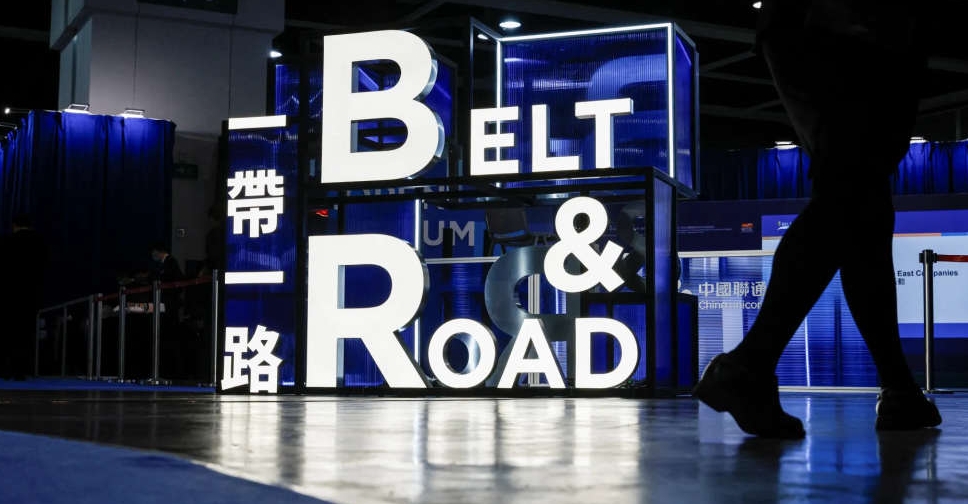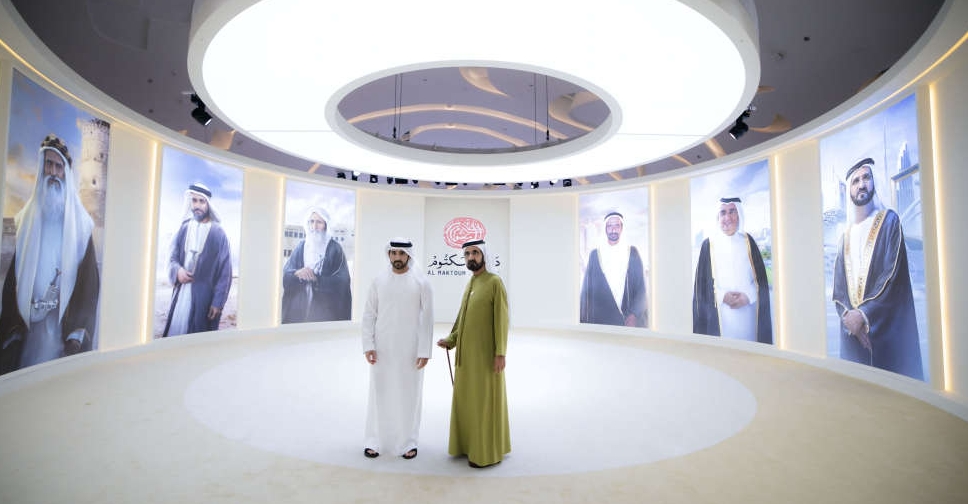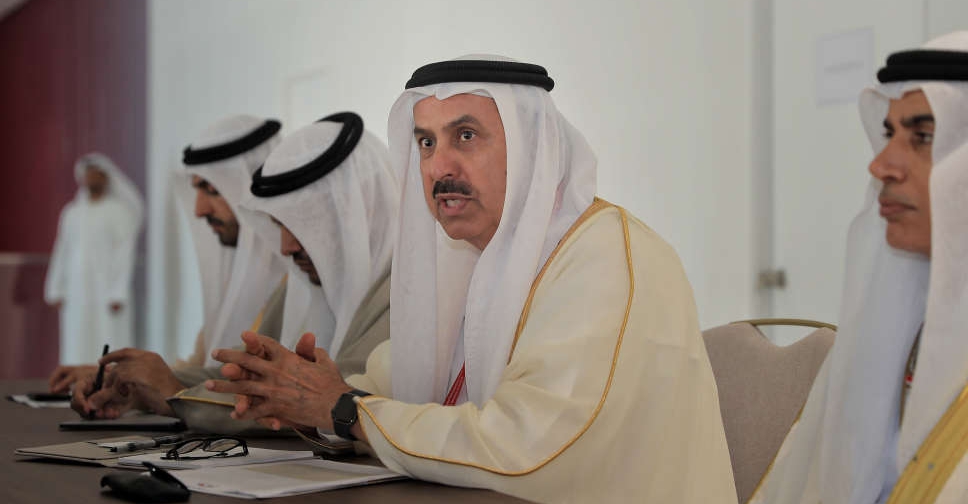
The UAE is set to participate in the 9th Belt and Road Initiative (BRI) summit in Hong Kong on 11-12 September.
Under the theme "Building a Connected, Innovative and Green Belt and Road," the summit will see the participation of 65 countries representing 30 per cent of the world's GDP.
Established by Chinese President Xi Jinping in 2013, the BRI is a massive infrastructure and investment project that aims to connect Asia, Europe, and Africa through land and maritime routes. The UAE has become a critical transit point due to its strategic location.
The UAE has invested $10 billion (AED 36 billion) in the UAE-China Joint Investment Cooperation Fund to support BRI projects in East Africa.
Data for the first half of 2023 showed that the value of the UAE's non-oil trade with the countries within the BRI reached $305 billion (AED1.1 trillion), which contributed 90 per cent of the UAE's non-oil trade during that period and achieved a growth of more than 13 per cent compared to the first half of 2022.
Recent data released by the Chinese Ministry of Foreign Affairs showed that during the first half of 2024, the volume of trade exchange between the two countries reached $50.108 billion (AED 183 billion), including $18.66 billion (AED 68 billion) in UAE exports and $31.448 billion (AED 113 billion) in imports from China. The two countries aim to reach $200 billion (AED 734 billion) in trade volume by 2030.
The UAE's relations with Hong Kong have also cemented themselves, with Hong Kong acting as a gateway for UAE companies to access the Chinese market and other parts of Asia. Both the UAE and Hong Kong are major financial centres, with significant cooperation in areas such as banking, insurance, and capital markets.
The UAE's total non-oil trade with Hong Kong reached $12 billion (AED 44 billion) in 2022, a growth of nearly 50 per cent in 10 years, while Foreign Direct Investment (FDI) from Hong Kong in the UAE reached $2.1 billion (AED 7.7 billion), mainly in retail and automotive, manufacturing, and transport and storage.

 H.H. Sheikh Mohammed launches Al Maktoum Archives
H.H. Sheikh Mohammed launches Al Maktoum Archives
 Dubai police foil robbery worth AED660K
Dubai police foil robbery worth AED660K
 H.H. Sheikh Mohammed asks UAE to raise flag on November 3
H.H. Sheikh Mohammed asks UAE to raise flag on November 3
 Saqr Ghobash to lead FNC delegation to Azerbaijan
Saqr Ghobash to lead FNC delegation to Azerbaijan
